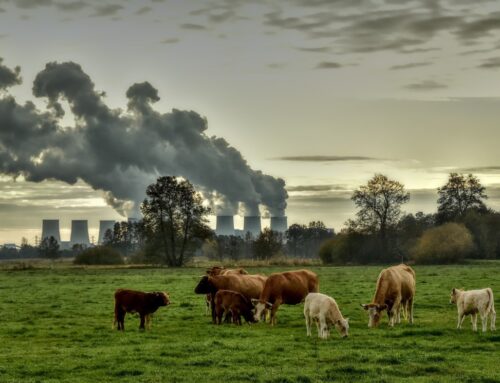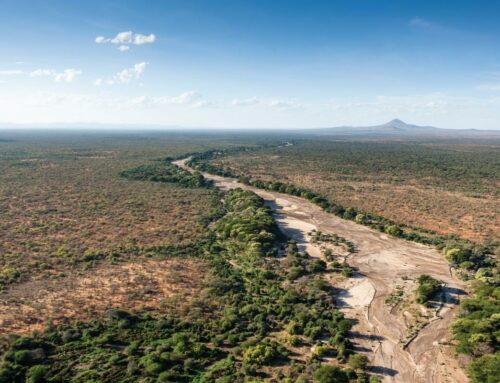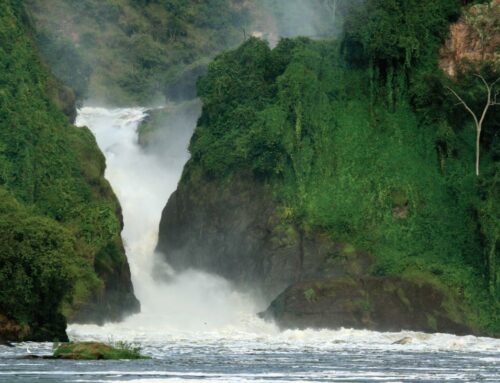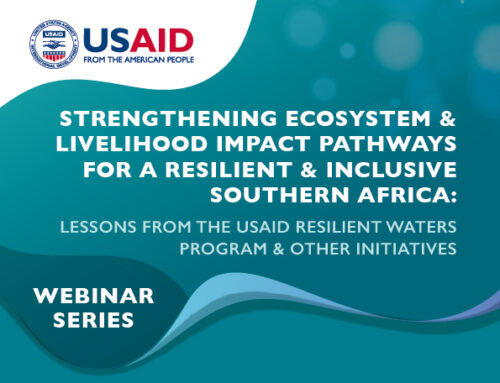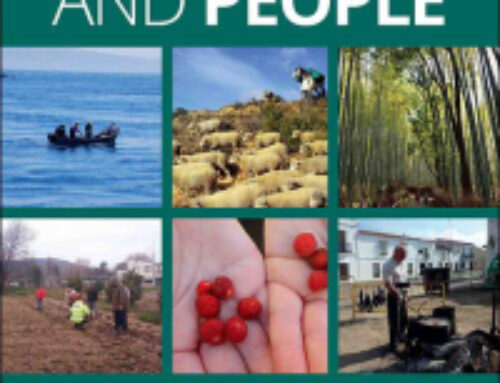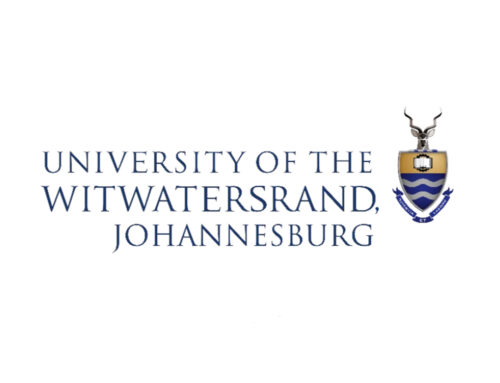The Stockholm Resilience Centre (SRC) is a leading international centre in sustainability science for biosphere stewardship, at the Stockholm University.
Project description for AFRICANFUTURES: Seeding transformative futures for people and nature in Africa
AFRICANFUTURES is a 4 years Formas funded project led by the Stockholm Resilience Centre with the aim to co-produce scenarios of how transformative change could lead to more sustainable futures for people and nature in Africa. The failure to meet global sustainability goals, most notably for biodiversity, highlights the need to develop transformative strategies to restore the planet. Scenarios are powerful tools to examine how different choices could affect nature and human wellbeing in the future. However, global scenarios largely ignore the fundamental role of the biosphere in supporting a good quality of life and, furthermore, do not allow participants to experiment with the transformative changes necessary for the achievement of sustainability goals.
To address this gap, this project aims to co-produce scenarios of how transformative change could lead to more sustainable futures for people and nature in Africa. Building on work by the IPBES task force to develop multiscale scenarios based on positive human-nature relationships, the projects will adapt a method to co-produce transformative scenarios for the African continent using the methodology from the Seeds of Good Anthropocenes project and will work closely in collaboration with that team to collect ‘seeds’. Seeds are defined as innovative ways of thinking and doing, which may include technologies, projects, institutions, businesses, or organizations that have the potential to contribute to a just, prosperous and sustainable future, and which already exist in prototype form but are not currently dominant. By creating new seeds-based scenarios that foster inclusivity and promote imagination, this project will address a key knowledge gap on how to enable transformative change towards sustainability and will also contribute a case study to the ongoing IPBES work plan.
AFRICANFUTURES will be a case study to operationalise a component of the IPBES work plan. The project objectives are:
- To identify existing seeds of change in Africa that could contribute to improved human-environment relations
- To co-design scenarios of desirable African futures using the Nature Futures Framework and describe the transformative changes needed to get to these futures
- To contextualise these stories of the future to improve decision-making in the present.
- For the first year of the project, the project will be mainly focused on the first objective: Identifying seeds of change
The aim is to identify existing seeds of change in Africa that could contribute to improved human-environment relations. It will build on previous work undertaken by the Seeds project, which has built a global database of over 500 seed initiatives with data on each seed (location, pathway of impact, challenges addressed, enhancing and limiting factors, actors), to answer questions about people’s hopes for a good Anthropocene. However, the database has gaps, most notably on seeds that emphasise how Indigenous and Local Knowledge (ILK) can be harnessed for improved nature futures. As such, a core feature of this project will be to reach out to the Royal households on the African continent, such as the Buganda, Ashanti, Balobedu etc. to start identifying potential seeds.
Main responsibilities
The research assistant is expected to contribute to the project by gathering and analysing data on African seeds with three main tasks:
- The RA will conduct online surveys to populate the Seeds database with relevant seeds from African and other contexts that speak specifically to the link between ILK and SDGs 14 and 15. Online surveys will be disseminated through diverse networks, including IPBES task forces, the Programme on Ecosystem Change and Society and their associated civil society partners like the African Biodiversity Network, UNDP Centre for Sustainable Development in Rome.
- The RA will also reach out to Royal African households through connections with members of the advisory board in order to set up interviews and collect information on potential seeds. This is intended to be a snowball approach to help get as extensive a list of relevant seeds as possible.
- Once identified, the RA will enter the seeds into the database, coding them with additional information based on the IPBES Nature Futures Framework. The seeds will then be analysed for their potential contribution to sustainability transformations following a method established by Tuckey for qualitative analysis and adapting the framework by Jiménez et al for analysing seeds by SDGs.
- The RA will also contribute to an ongoing systematic review of scenarios and ILK.
We expect the research assistant to apply already developed analytical frameworks to code the data and store it in a database for future analyses and assessments. This requires being careful and rigorous, combining qualitative synthesis, with work with Excel and R. In addition, the research assistant may be required to draft short, structured descriptions of several interesting seeds for the website and other potential dissemination. It would be beneficial if the RA was also interested in taking a lead on writing up academic outputs from this process.
Qualification requirements
Applicants are expected to hold a Swedish university degree or an equivalent degree from another country in a relevant discipline (e.g. sustainability science, geography). Excellent command and high proficiency in spoken and written English are essential.
The applicant should preferably have competence in document analysis, conducting research interviews and data management skills. Experience in interdisciplinary research is highly recommend, as is previous work on or connection to the African continent. Excellent abilities in working with the statistical software package R are highly valued. The project requires a strong affinity for collaborative teamwork. We also value good communication skills.
Terms of employment
The position involves full-time employment for a maximum of 12 months at full time, and does not involve any direct extension. Start date as per agreement, as soon as possible, preferably June 1st. Stockholm University strives to be a workplace free from discrimination and with equal opportunities for all.
Find more information here.



